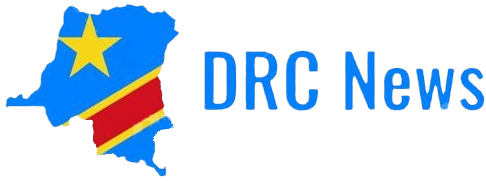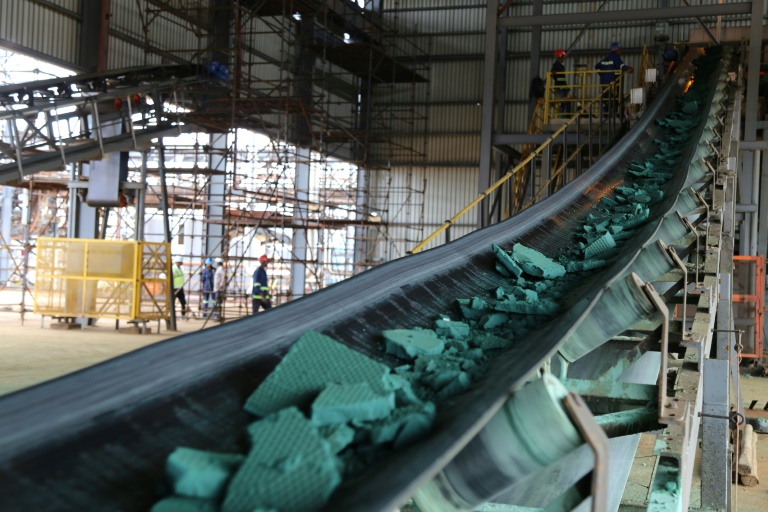Amnesty International said Tuesday that the expansion of industrial copper and cobalt mines in mineral-rich Democratic Republic of Congo has led to forced evictions and a litany of rights abuses.
The central African nation has the world’s largest reserves of cobalt, a metal viewed as vital for the renewable-energy transition because of its use in electric-vehicle batteries.
The DRC is also Africa’s top producer of copper, another battery metal.
In a 98-page report, Amnesty and Congolese rights group IBGDH found that communities in and near the mining town of Kolwezi, in the DRC’s southeast, had been forcibly evicted or threatened into leaving their homes to make way for mine expansions.
“The people living in the region should be benefiting from the growth in mining. Instead, many are being forced out of their homes and farmland,” the report said.
Based on interviews with 133 people, documentary evidence and satellite imagery, the report analysed the impact of four mining projects in the area.
Entire settlements have been forcibly evicted, the report found, becoming “collateral damage of energy transition mining”.
Such was the case with the settlement of Mukumbi, located in a mining concession near Kolwezi owned by the DRC-registered firm, Chemical of Africa SA.
Congolese soldiers allegedly torched the settlement in November 2016, according to former residents interviewed by researchers.
“We weren’t able to retrieve anything,” said ex-resident Kanini Maska, 57.
“We had nothing to survive on, and spent nights in the forest,” he added.
CREDIT: Barron’s


